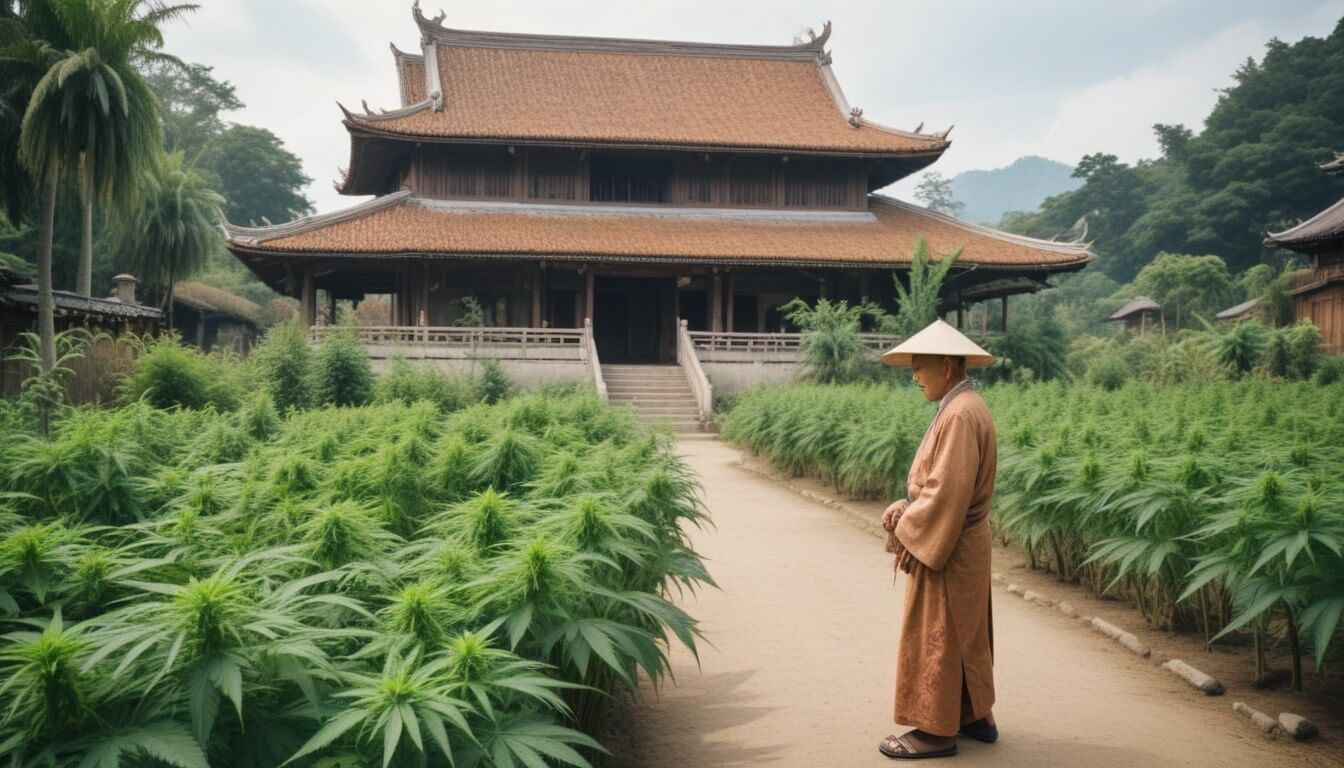Thailand’s approach to marijuana legislation has seen significant and rapid transformations. Initially, the country gained attention for becoming the first in Asia to decriminalize marijuana. However, recent policy changes have introduced stricter regulations to control its use, primarily emphasizing medical purposes. This article delves into Thailand’s shifting policies and their implications.
The rise and fall of marijuana decriminalization
In 2022, Thailand made headlines globally by decriminalizing marijuana, positioning itself as a progressive leader in Asia in terms of drug policy. This bold move was intended to serve medicinal and economic purposes, providing patients with alternative treatments while promoting the growth of a new industry within the nation.
The challenges faced
Despite the policy change’s initial success and optimism, the Thai government encountered several hurdles in its implementation. A lack of comprehensive regulations led to uncertainty about what could be legally sold and where such sales could take place. This regulatory vacuum created widespread confusion and concerns over potential misuse.
A shift towards medical-use-specific regulation
Upon taking office, Prime Minister Thavisin recognized the need to reevaluate and refine the country’s stance on marijuana. His administration proposed new policies that would limit marijuana use strictly to approved health and medical purposes. This marked a distinct departure from the broader decriminalization policy previously in place.
Operationalizing the new policy
To implement this revised approach, the Thai government began developing and enforcing specific guidelines designed to control the distribution and consumption of marijuana. These measures included ensuring that only medically approved individuals and institutions could access cannabis products, effectively curbing recreational use while still allowing for therapeutic applications.
Implications for stakeholders
The new regulations offer a structured framework for healthcare providers who prescribe marijuana for medical purposes. By setting clear boundaries and protocols, the government aims to ensure that cannabis is used safely and effectively as part of medical treatment plans. This focus on medical applications helps to dispel concerns about the drug’s potential misuse and aligns with international best practices.
Economic consequences
The revised policy is expected to affect various economic actors differently. While companies focused on medical marijuana may find opportunities to thrive under the new regulations, businesses catering to recreational users might face significant setbacks. The government’s emphasis on medical use could stimulate investments in research and development, fostering innovation within the pharmaceutical sector.
Looking forward: Navigating the future of marijuana in Thailand
As Thailand continues to navigate its evolving marijuana policies, there will likely be ongoing discussions and potential adjustments to fine-tune the regulatory landscape. Policymakers must balance public health priorities with economic interests, ensuring that new measures contribute positively to society while preventing potential abuses.
International perspectives and collaborations
Thailand’s experience with marijuana legislation serves as a valuable case study for other nations considering similar moves. Engaging in international collaborations and knowledge exchanges could help Thailand refine its approaches and align more closely with global standards. Observing how other countries manage medicinal cannabis can provide insights into the most effective regulatory practices.





